How a WhatsApp Prompt Could Redefine the Way Walmart Sells Online
Inside Walmart’s unexpected success in Chile — and why this messaging-based shopping model may be its next global advantage.
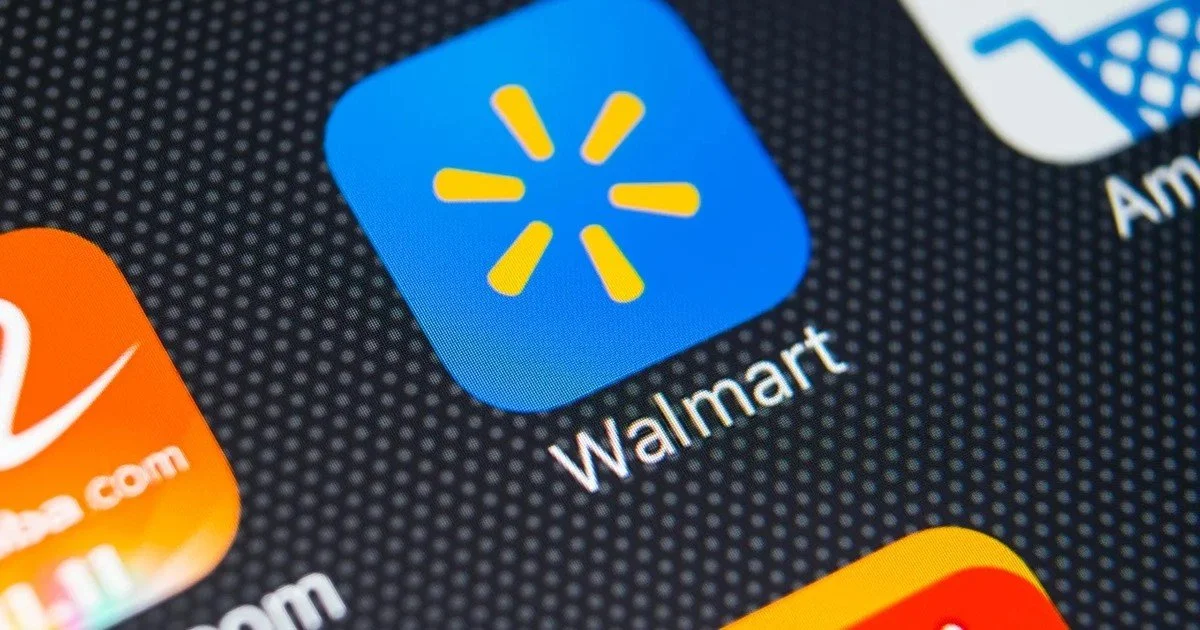
Walmart’s most surprising e-commerce breakthrough isn’t coming from an app, a new website feature, or even a supply-chain upgrade. It’s coming from a simple WhatsApp prompt that builds a customer’s shopping cart automatically — and it’s delivering results few retailers have ever achieved.
A Shopping Cart Sent Straight to Your Phone
In Chile, Walmart uses purchase history to pre-assemble a customer’s typical reorder basket — the brands they buy, in the quantities they usually select, at roughly the cadence they tend to repurchase.
Then comes the powerful step:
Walmart sends a WhatsApp message inviting the shopper to review the cart.
No browsing. No searching. No app navigation.
Just a frictionless conversation inside the messaging app customers use every day.
The response has been extraordinary:
20% of Walmart Chile’s entire e-commerce business now comes from this WhatsApp-driven experience.
Shoppers say it saves time and eliminates routine shopping effort.
Walmart gains reliable, predictable digital orders that reduce last-minute fulfillment spikes.
The company now plans to expand this model to other markets — a sign of how impactful this experiment has become.
Why This Works: Walmart Anticipates the Order Before the Customer Does
The magic isn’t the message itself. It’s the intelligence behind it:
Walmart knows what each customer buys regularly.
It knows roughly how often they buy it.
It knows which SKUs are available in the closest store or fulfillment node.
And it can assemble a personalized cart with high accuracy.
This is predictive replenishment at scale, delivered in a channel customers trust and use daily.
Unlike Amazon’s catalog-driven approach or the typical retailer mobile app, Walmart is shifting from reactive digital shopping to proactive digital shopping.
A Digital Backbone Strong Enough to Support It
Walmart can offer WhatsApp-based ordering because the rest of its digital and fulfillment engine is now strong enough to execute predictably.
Some highlights:
U.S. ecommerce sales have grown more than 20% for seven consecutive quarters
International ecommerce now represents one-third of Walmart’s global business
In China, digital sales make up half of all revenue
U.S. ecommerce transactions climbed 28% last quarter
This is consistent, multi-year growth — not trial, not hype, but repeatable performance.
Automation Is Quietly Transforming Walmart’s Fulfillment Economics
Walmart has spent the last several years rebuilding its supply chain with automation at the core:
~50% of the material flowing through U.S. fulfillment centers is now automated
Many stores are replenished by automated distribution centers
These improvements have driven ~30% reductions in operating expenses across multiple quarters
This matters because frictionless digital ordering only works if the back-end can fulfill quickly and profitably. Walmart is now in a position where automation absorbs the labor and throughput demands of fast-growing online volume — including repeat orders initiated by WhatsApp.
A New Direction for Global Retail
Walmart’s WhatsApp success is bigger than a messaging tactic. It signals a shift in how retailers may serve customers:
Shopping happens where the customer already is
Replenishment becomes automatic, not manual
Conversation replaces search
Prediction replaces browsing
For the first time, a major global retailer is showing that conversational commerce can deliver real, sustained business impact — not as a novelty, but as a core revenue channel.
And Walmart’s intent is clear: this is not a Chile-only experiment. It’s a blueprint.
Amazon has opened a new kind of warehouse in Elkhart, Indiana — one that challenges nearly every convention in logistics facility design.
Amazon has built a 10,000-sq-ft automated micro-fulfillment center inside Whole Foods — where customers can scan, order, and pick up items in minutes.
Meet Sparrow, Cardinal and Proteus. They’re the robots that, step by step, are replacing human workers in the company’s warehouses.
Amazon Robotics' Chief Technologist discusses his journey to helping the world's largest retailer deploy one million robots.
Amazon’s new smart glasses bring AI and computer vision directly into the delivery workflow.
Amazon is taking steps to address how artificial intelligence and automation is changing its workforce.
It’s built to do something no other Amazon robot has done before — perform multiple tasks at once.
The offer builds on Amazon fulfillment service for merchants on other sales channels, including eBay, Etsy, Temu and TikTok Shop.
Ever wondered how that Amazon package arrives on your doorstep with remarkable speed?
Amazon’s Ohio facility was its first U.S. center to eliminate plastic delivery packaging,
A worker loads a truck for shipment at the Amazon MCO-01 robotic fullfillment center in Orlando.
Amazon Robotics Vice President explains how robots are helping Amazon employees deliver on Prime Day.
Amazon UK has announced a national roll-out of its partnership with on demand delivery specialist Gopuff.
But for the right buyer, these assets could offer not just a salvage opportunity—but strategic leverage.
The retailer will soon use custom box-making technology to reduce waste from packaging across Europe.
It’s a testbed for the convergence of agentic AI and dynamic robotics—where hardware and software fuse to reimagine the last mile.
Amazon plans to build dozens of US warehouses in rural expansion.
Amazon has been on a multi-billion dollar and decade-plus long crusade to be a leader in robotics.
Online retail giant provides “Buy with Prime” service for Prime subscribers who purchase Adidas goods stored in its DCs.
Delivery times for Amazon in Quebec have more than doubled on some items following the company’s decision to mothball all of its facilities.
This remarkable achievement is part of Amazon's broader strategy to enhance its e-commerce platform's performance by integrating advanced robotics and a rapidly expanding delivery network.
The company says it will cease operations over the next two months in seven operation sites.
Employees at its warehouses across the U.S. have alleged unsafe working conditions, and they fret over job security in the age of artificial intelligence. Amazon’s chief technologist, Tye Brady, disputes both counts.
Amazon employees in Australia, Brazil, Canada, France, and Singapore gave their children an exclusive peek into the magic that happens at Amazon fulfillment centers ahead of Christmas.
The newly published paper found that Amazon's entry in a metro area increased wages, jobs, and home values.
Pour la première fois, Amazon, leader mondial de la vente en ligne, a ouvert ses portes à une caméra de télévision.
NBC News' Vicky Nguyen gets an exclusive look inside Amazon's next-generation fulfillment center in Shreveport, La.
India is one of the fastest growing markets for Amazon’s e-commerce.
The Pickle Delivery Experiment: A Deep Dive into Same-Day Logistics.


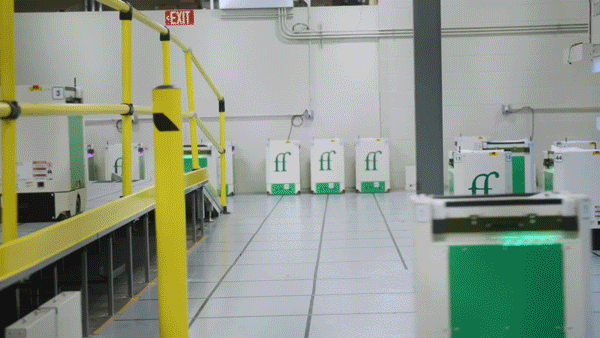

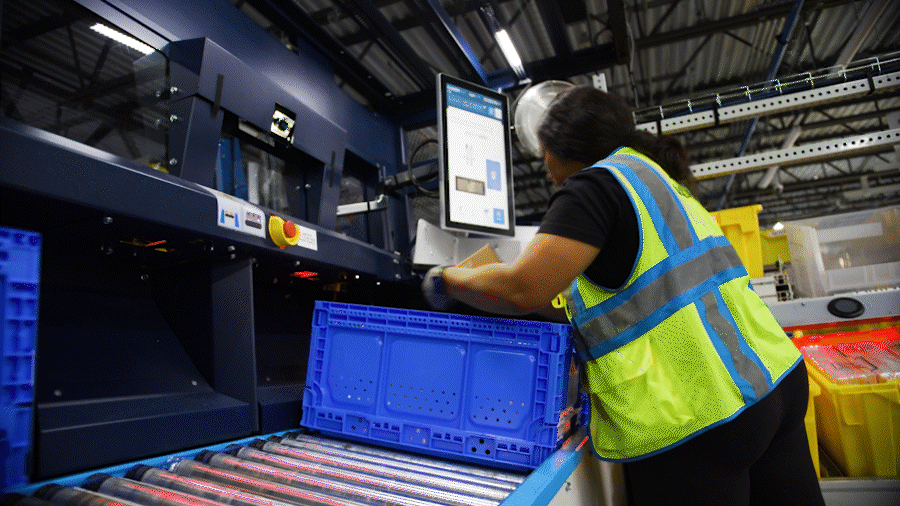







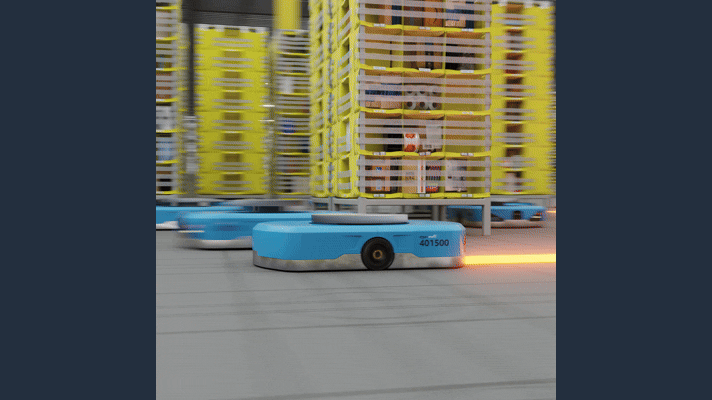








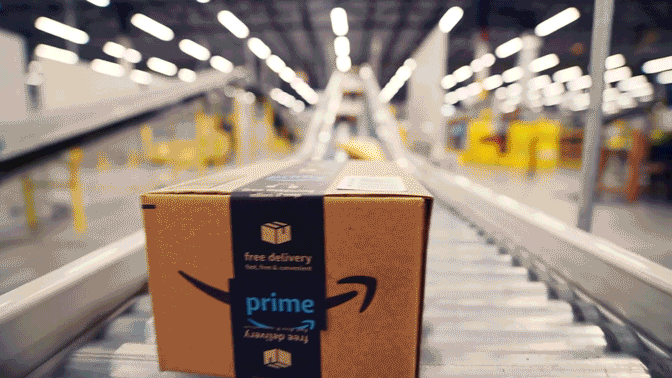

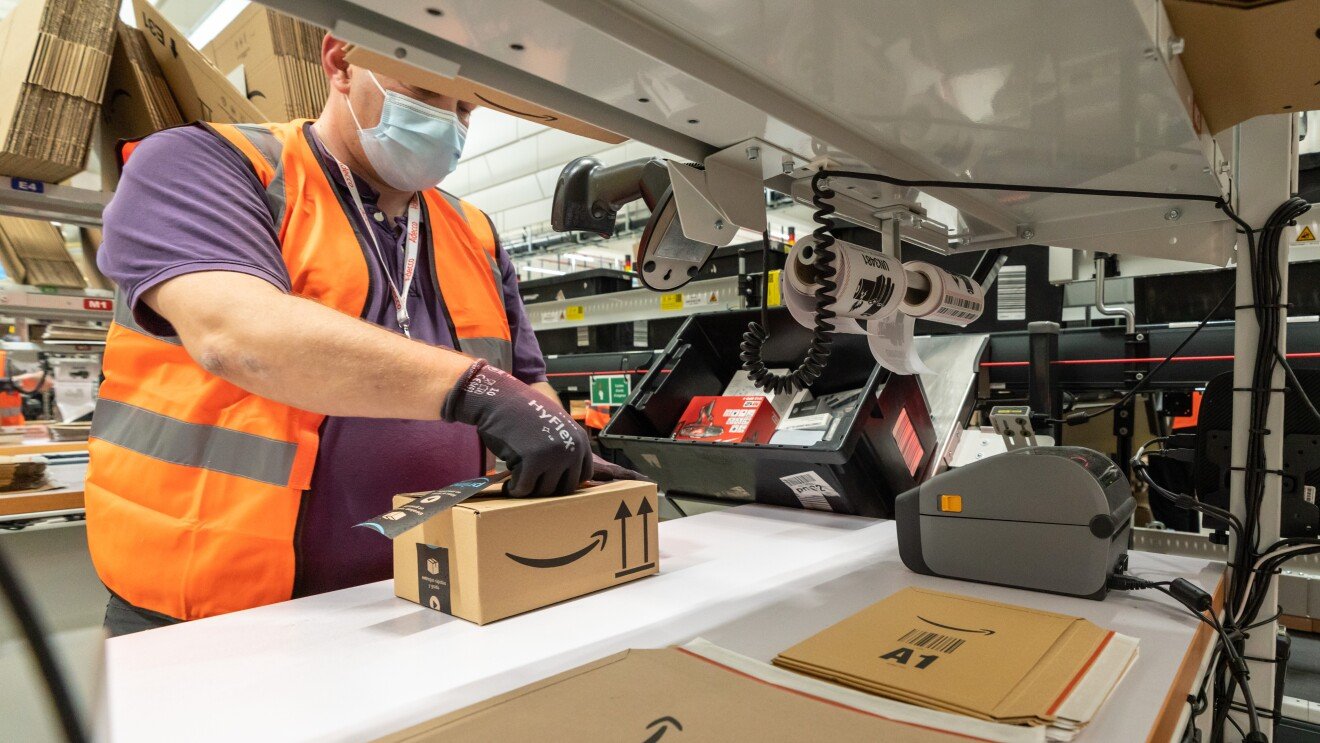






These smaller, high-velocity facilities store frequently purchased products—from fresh food and groceries to personal-care items and small electronics.